
- Home
- Trend
- Weight Loss Strategies
- Acne Tips
- Hair Health Information
- Blemish Removal Tips
- Acne Scar Removal Tips
- Muscle Building Techniques
- Intimate Care Tips
- Postpartum Intimate Care
- Eye Bags Wiki
- Tips for Face Slimming
- Secret of Permanent Hair Removal
- Breast Enlargement Tips
- Cure to Snoring
- Marionette Lines
- Skin-Tightening Secrets
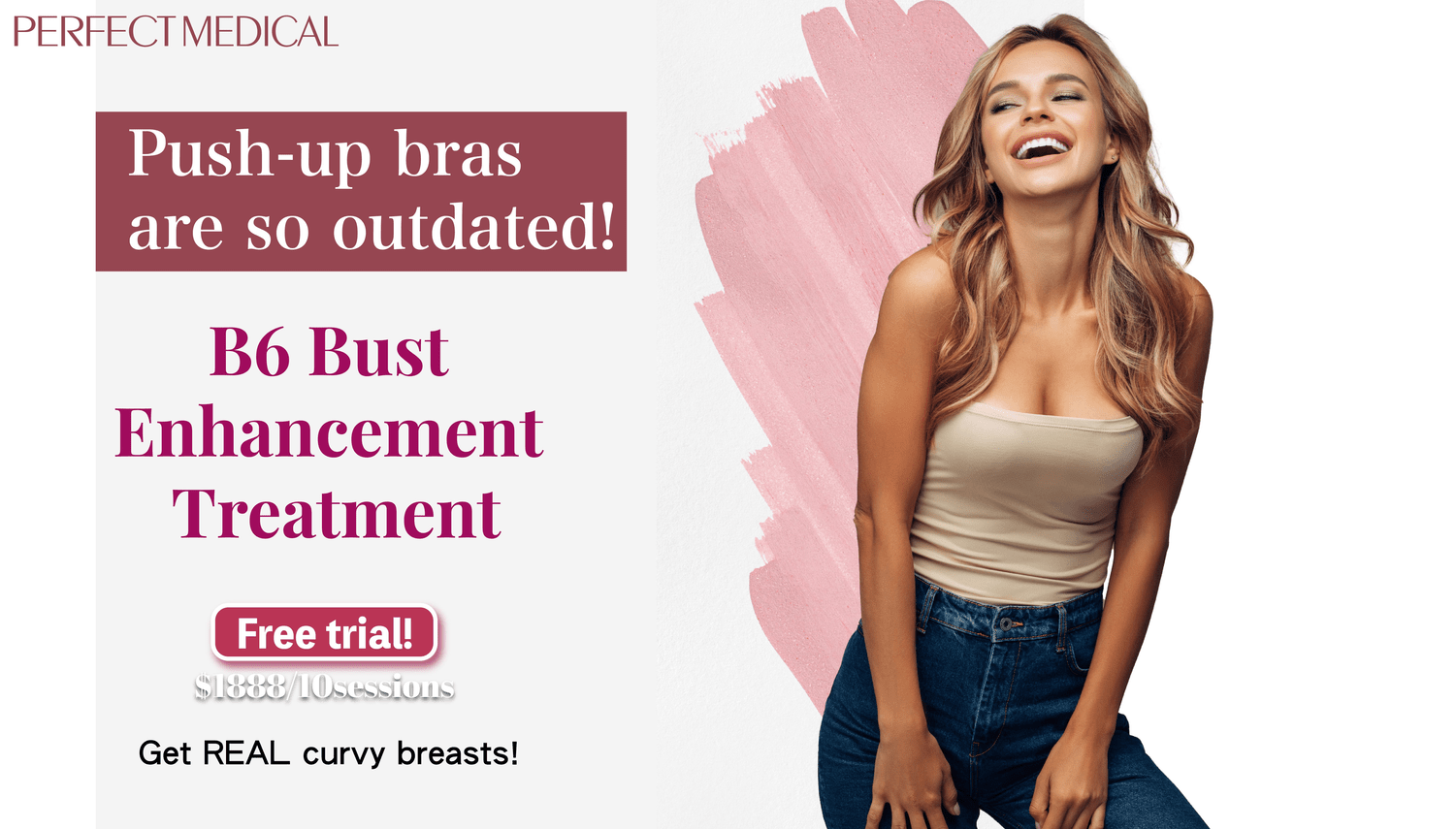
免費體驗
B6 Bust Enhancement Treatment
1 Minute Self-Registration
Date should not be before minimal date
Breast size is a unique aspect of body diversity, and it's a topic that often sparks curiosity and discussions about body image. Today, let us delve into the intricacies of breast size, exploring factors such as average cup size, body mass index (BMI), and cultural variations, with a particular focus on Singapore.
1
Generally, What Affects Our Cup Size?
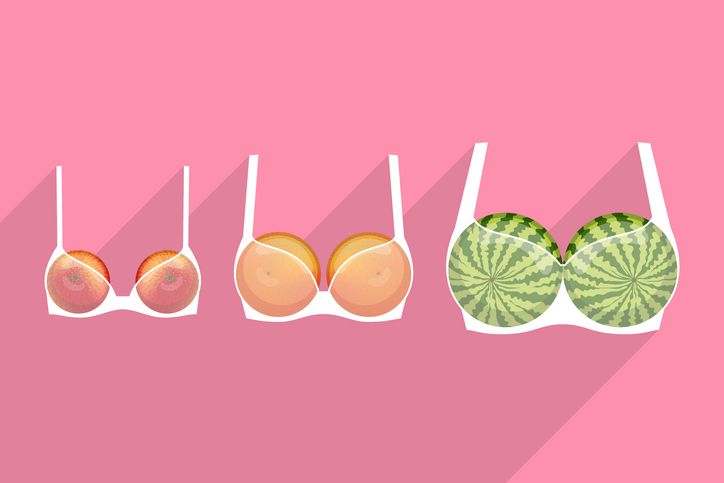
Genetics
Hormonal Fluctuations
Body Weight

2
Why Is Singapore's Average Breast Size Generally Smaller?
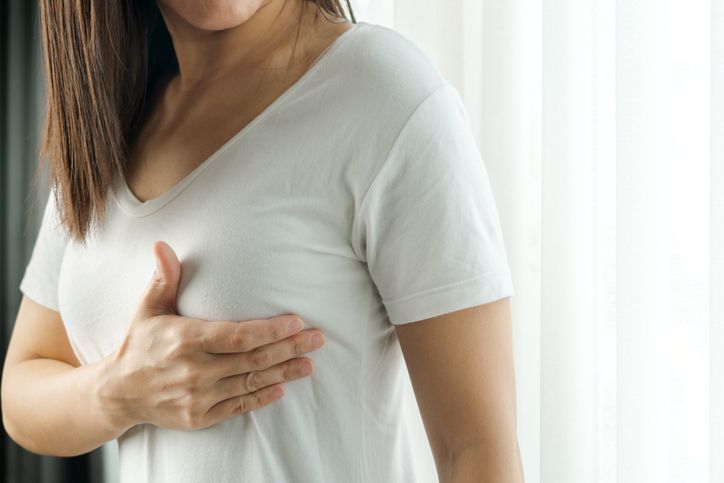
- Pueraria Mirifica For Breast Enhancement: 4 Key Benefits + Potential Risks — Safety First!
- Sagging Breasts—7 Surprising Reasons Behind Breast Sagging + 5 Expert Tips To Lift And Reshape Naturally
- Motiva Breast Implants Explained: 4 Defining Features + How They Compare with Traditional Breast Augmentation and “Queen Wave”
- Oysters for Breast Enhancement: TCM-Approved 5 Food Therapies + Other Bust-Boosting Foods to Improve Breast Health
3
Measuring Bra Size At Home
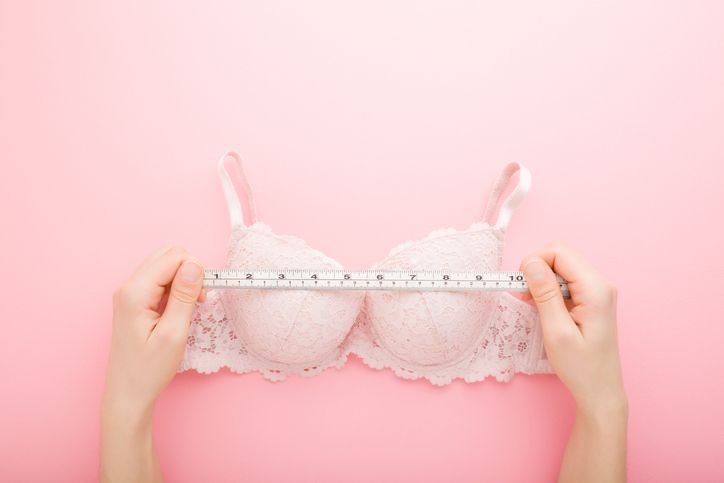
What You'll Need
Step 1: Measure Your Band Size (Underbust)
Step 2: Measure Your Bust Size (Overbust)
Step 3: Calculate Cup Size
Step 4: Combine Band and Cup Sizes
Tips:
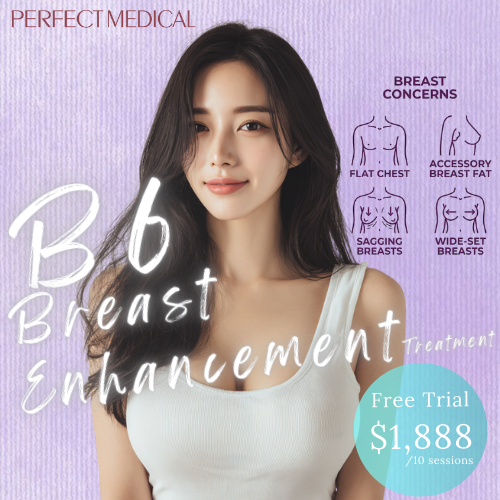
4
Want Large Breasts? Try These Few Types of Food
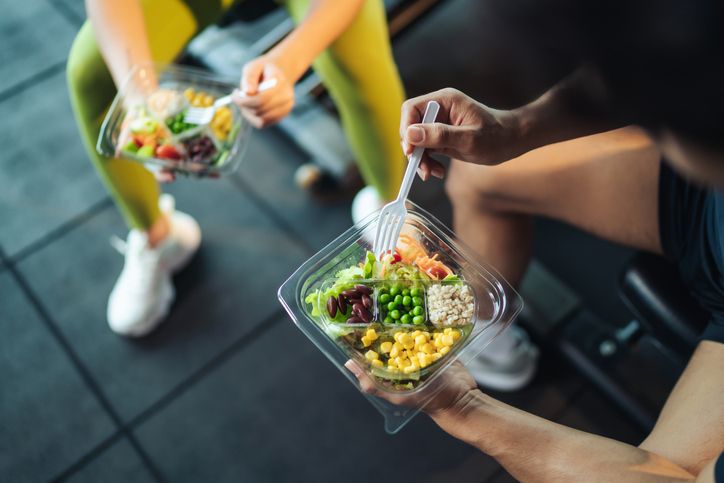
1. Protein
2. Oestrogen-like Compounds
3. Healthy Fats
4. Vitamins and Minerals
5. Whole Grains

免費體驗
B6 Bust Enhancement Treatment
1 Minute Self-Registration
Date should not be before minimal date
5
Tips For Small Breasts To "Size-Up": Daily Tricks For Better Bra Sizes
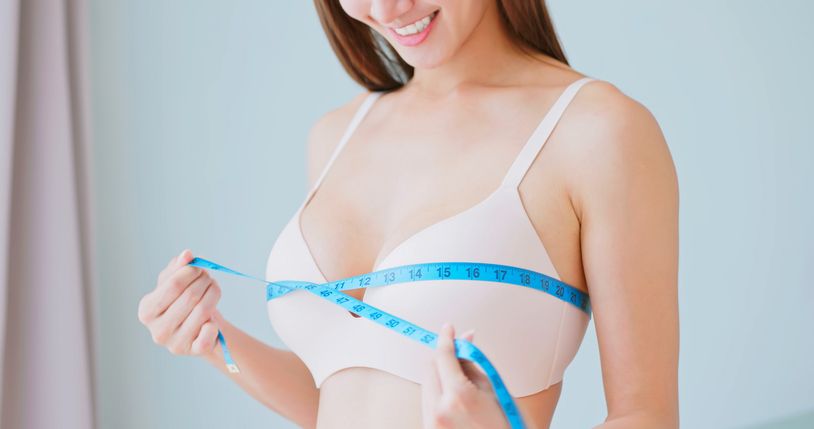
1. Padded Bras
2. Breast Enhancement Exercises
3. Weight Gain
4. Dress and Clothing Choices
5. Breast Contouring Makeup
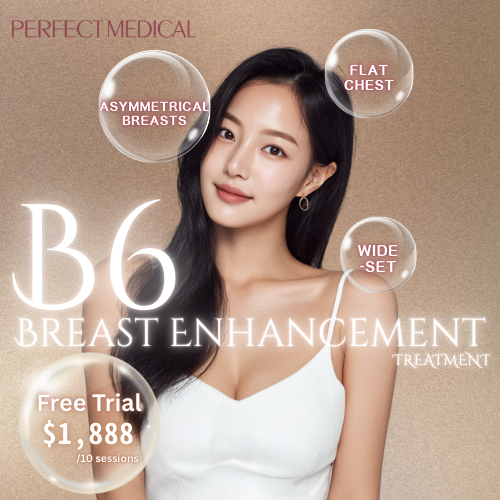
6
Want To Get Better Breast Sizes Permanently? Let Us Help You With That
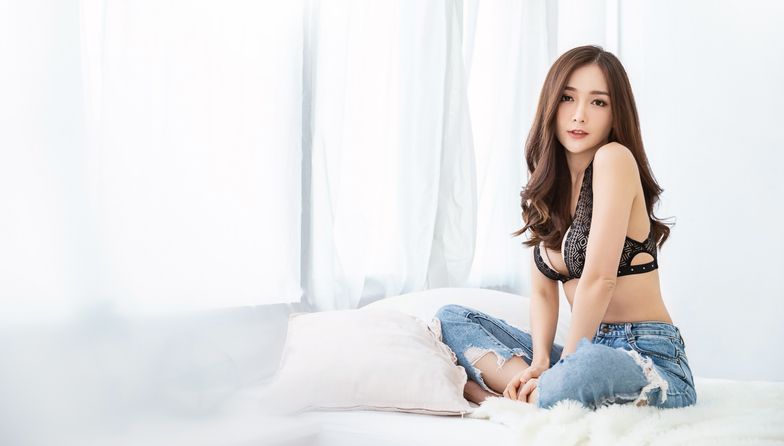
Non-surgical and Non-invasive
Stimulation of Acupoints
Hormonal Stimulation
Addressing Multiple Issues
Shift of Side-Breast Fat
7
Closing Thoughts
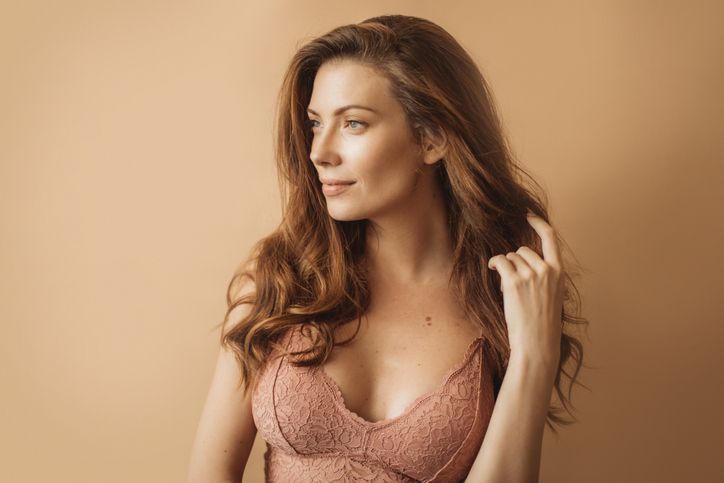
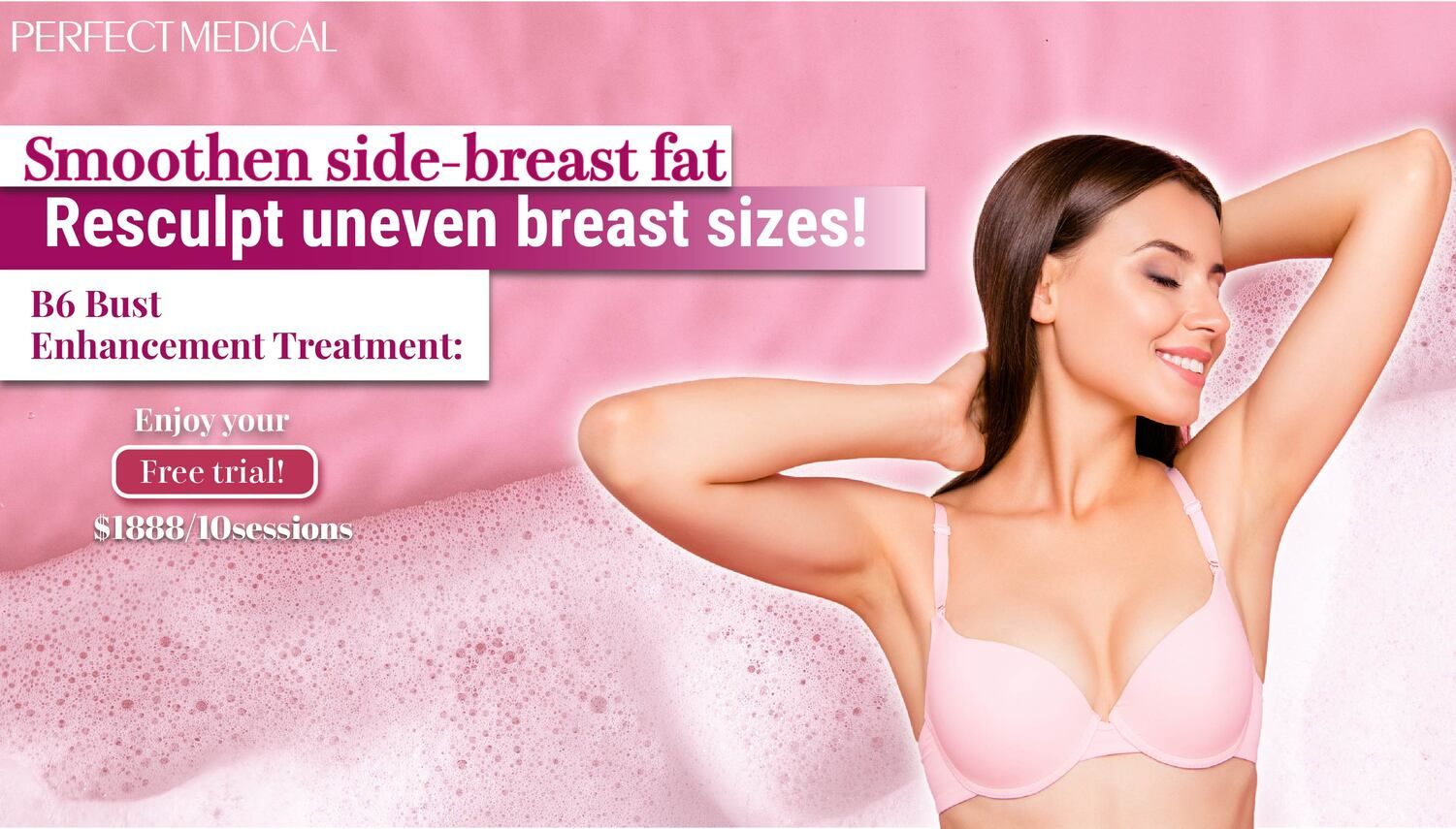
免費體驗
B6 Bust Enhancement Treatment
1 Minute Self-Registration
Date should not be before minimal date
FAQ

1. What is the average cup size for women in their 20s?
The average cup size for women in their 20s varies widely but often falls within the A to C range. Factors such as genetics, body weight, and hormonal fluctuations contribute to these differences. Comparatively, younger women might tend to have smaller cup sizes on average compared to older age groups.
2. What is the average band size for women aged 30 to 40?
Women in their 30s and 40s typically wear a broader range of band sizes, with averages often falling within the 34 to 36 range. This age group might experience changes in body composition due to factors like childbirth and ageing, influencing their band size preferences.
3. Do breasts typically remain the same size throughout a woman's life?
Breasts commonly undergo changes in size and shape throughout a woman's life. Factors such as pregnancy, breastfeeding, weight fluctuations, and hormonal shifts can contribute to these variations. It's quite typical for breast size to evolve over time, and women often experience these changes during different life stages.
4. What does the data reveal about the most common cup sizes across different age groups?
Data suggests that cup sizes vary across age groups. Younger women, such as teenagers and those in their 20s, may commonly wear smaller cup sizes (A to C), while women in their 30s and beyond may prefer larger cup sizes (C and above). These trends can be influenced by both physiological and personal preferences.
5. At what age do women typically start wearing bras, and what cup sizes are common for teenagers?
Girls typically start wearing bras around the onset of puberty, which can vary but often occurs between the ages of 10 and 14. Common cup sizes for teenagers often fall within the A to B range, reflecting the early stages of breast development. The diversity in sizes highlights the uniqueness of each individual's growth and development during adolescence.








